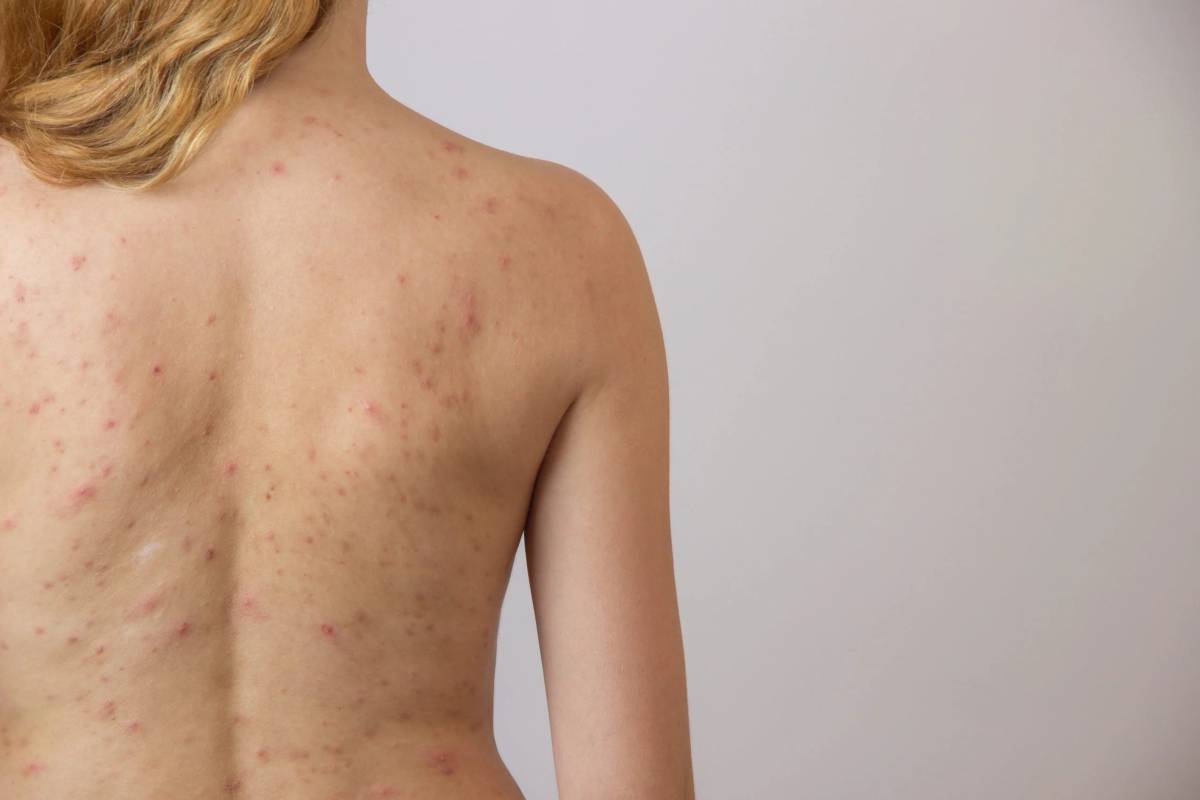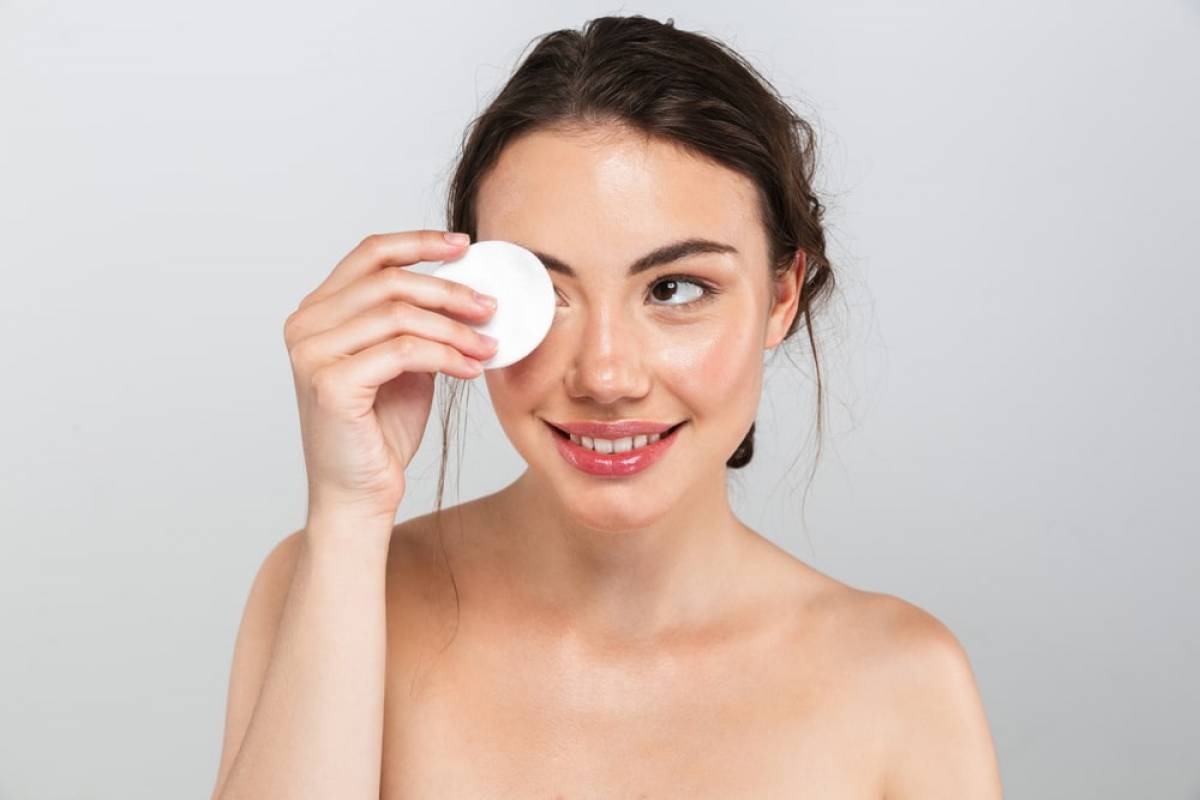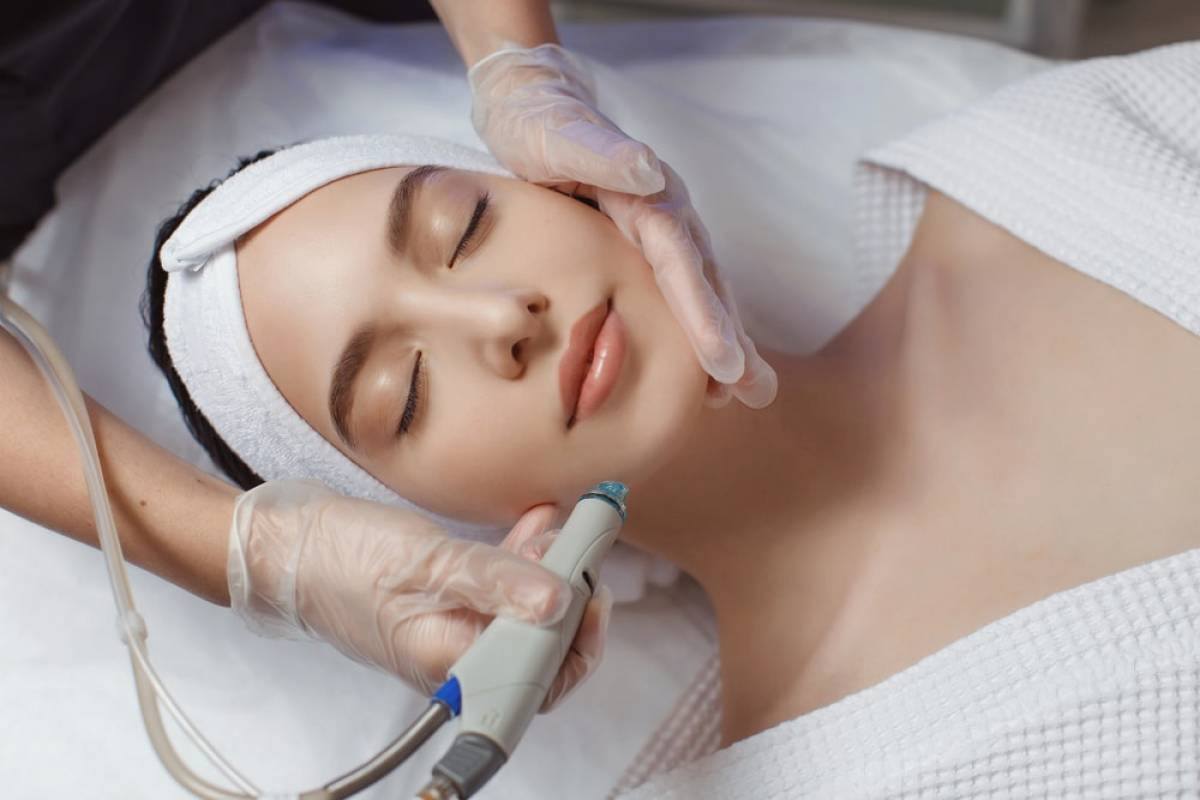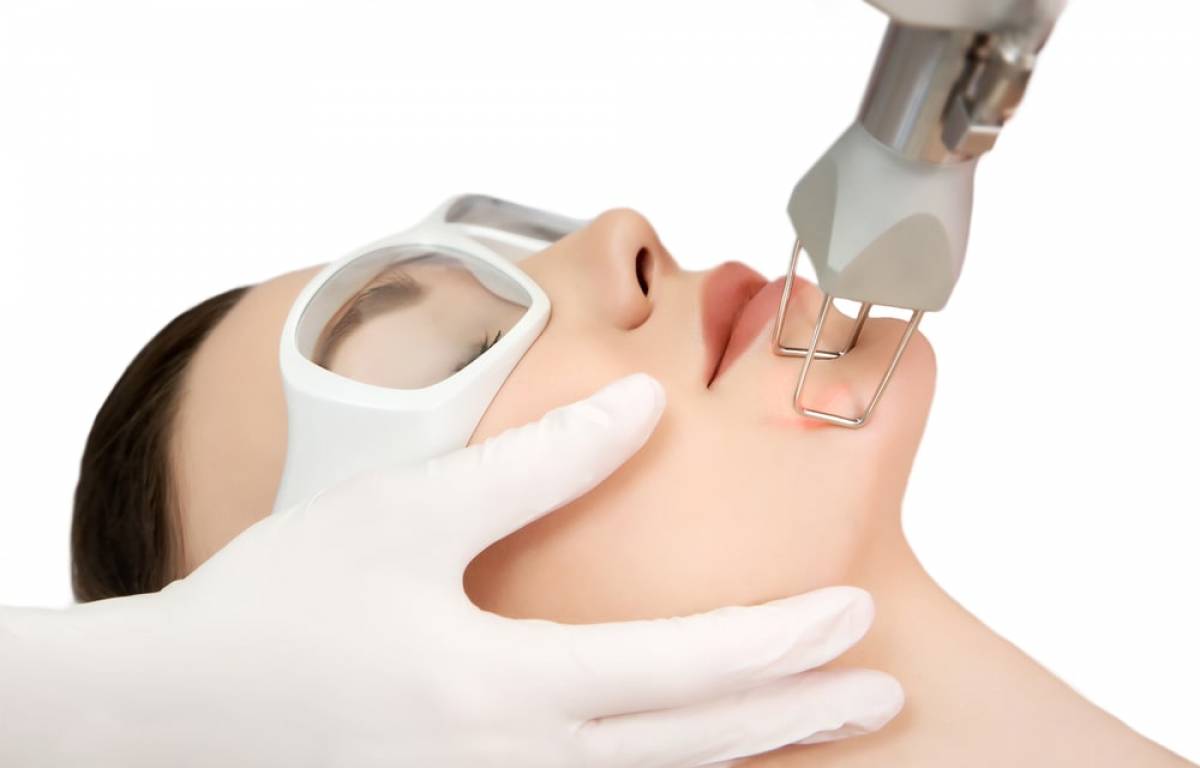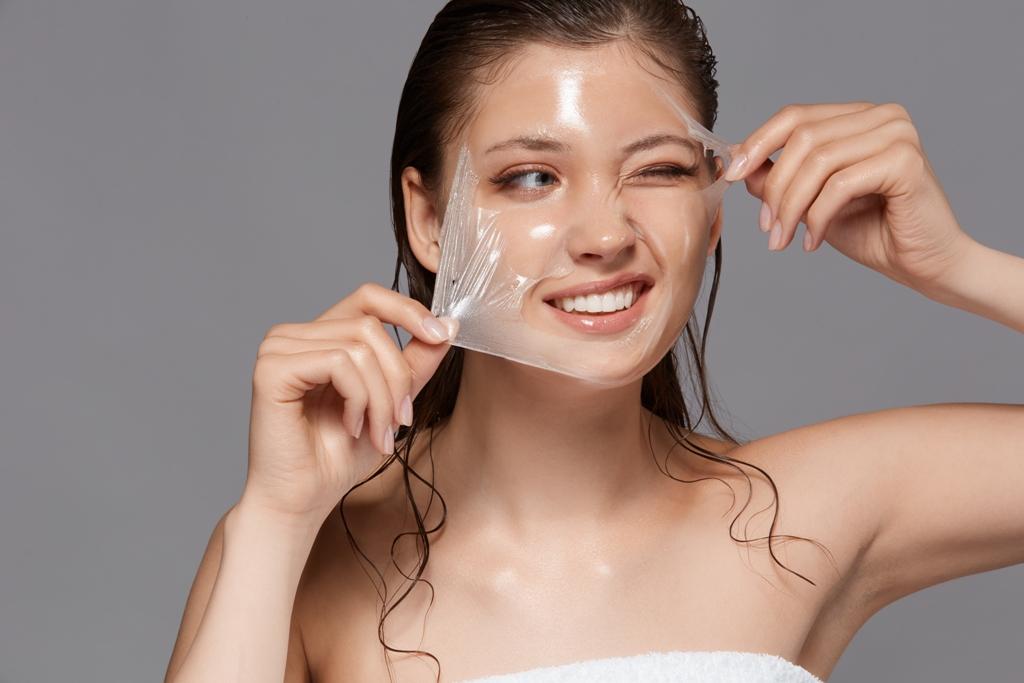
Acne and its Treatments
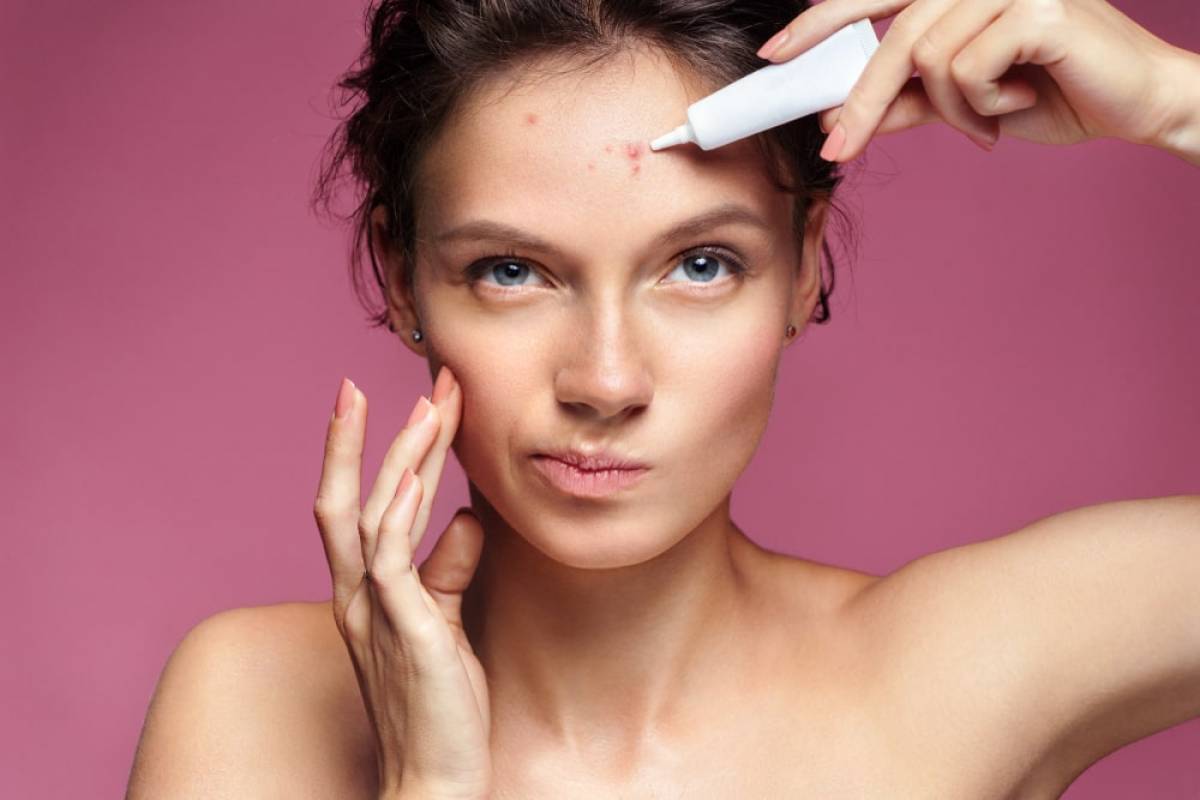
Treatment Duration
30
Suggested Sessions
2-4 times/year
What is Acne?
Acne is one of the main dermatological problems that lead millions of people to the dermatologist's office. Acne is a skin disease that usually appears in adolescence, but it can appear for the first time in adulthood even after the age of 40.
Acne is a condition of the sebaceous glands of the skin and the duct, that is the channel through which their contents, the sebum, is channeled to the surface of the skin and pimples are created.
Who does Acne affect?
According to the Hellenic Dermatology and Venereology Society, 75% of the population will at some point in their lives be faced with the problems of acne on the skin, at the face or body, usually in adolescence or later even at the age of 40+ and especially to women.
Women experience acne more often during certain periods of time such as:
- During menstrual cycles, where there is often an acne flare-up about a week before.
- In pregnancy, usually in the first trimester.
- In cases of polycystic ovary syndrome, where acne is one of the symptoms.
Acne & Body Areas
Acne occurs mainly on the face but also:
- On the back
- On the chest
- On the shoulders
That is, in the areas of the body where there are more sebaceous glands.
Διαβάστε επίσης...
Acne: Images
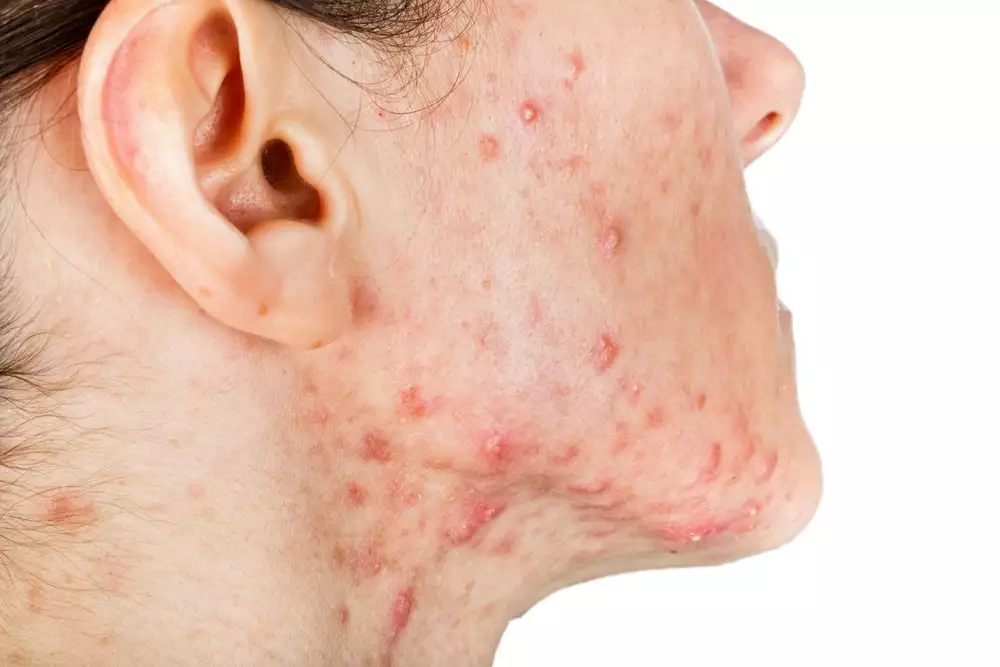
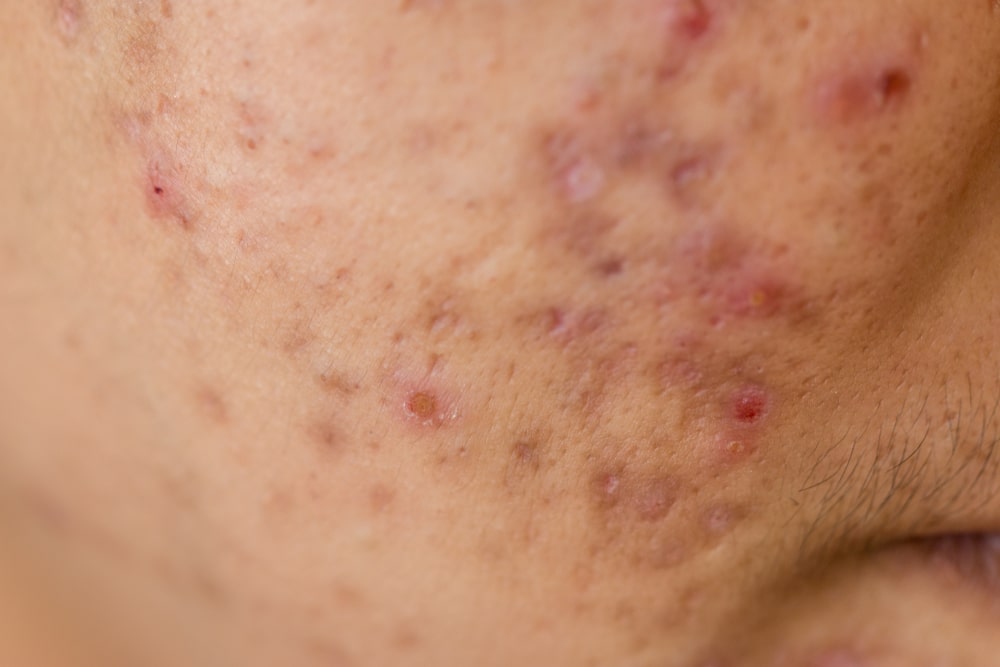
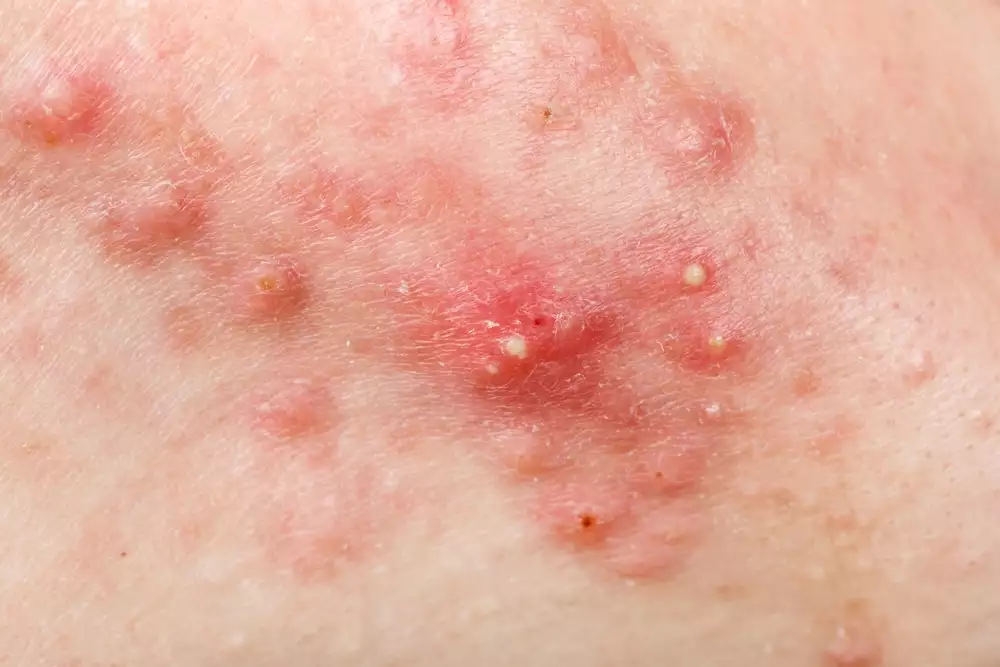
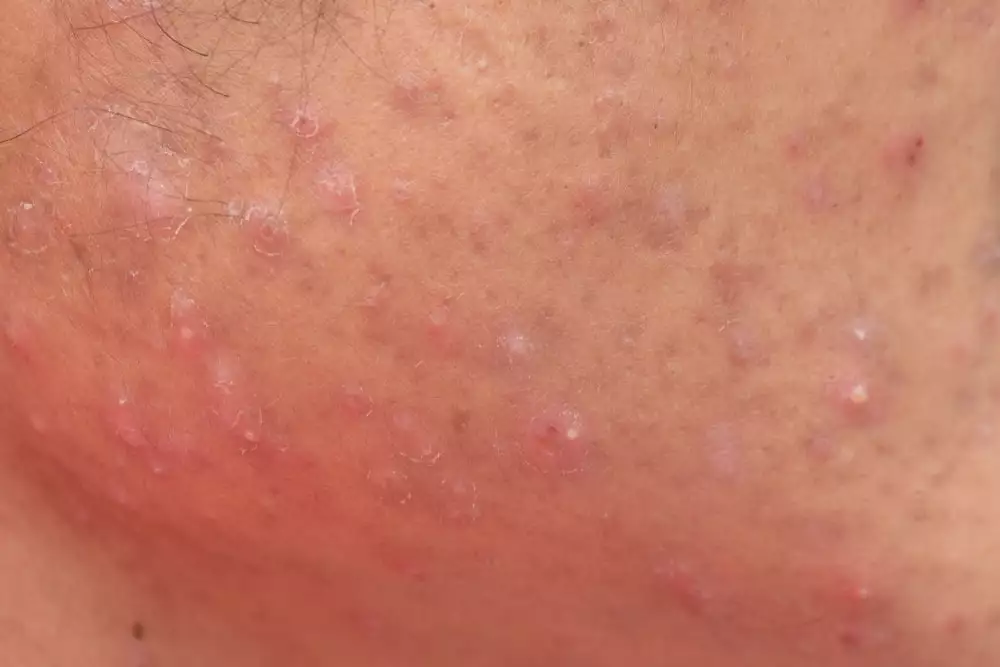
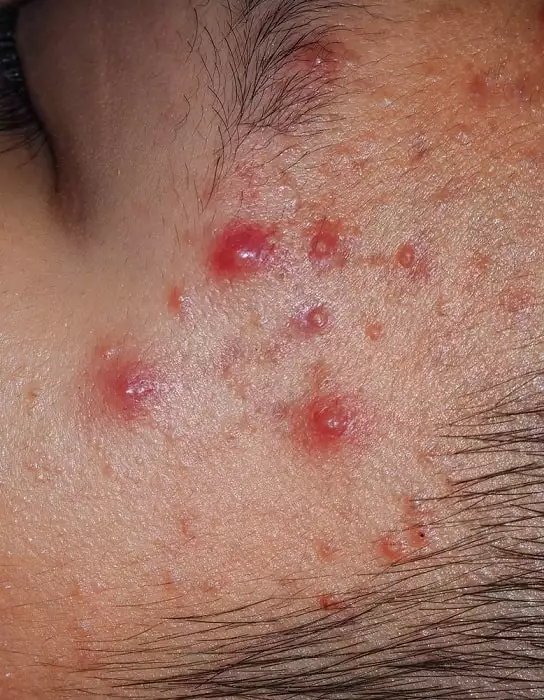
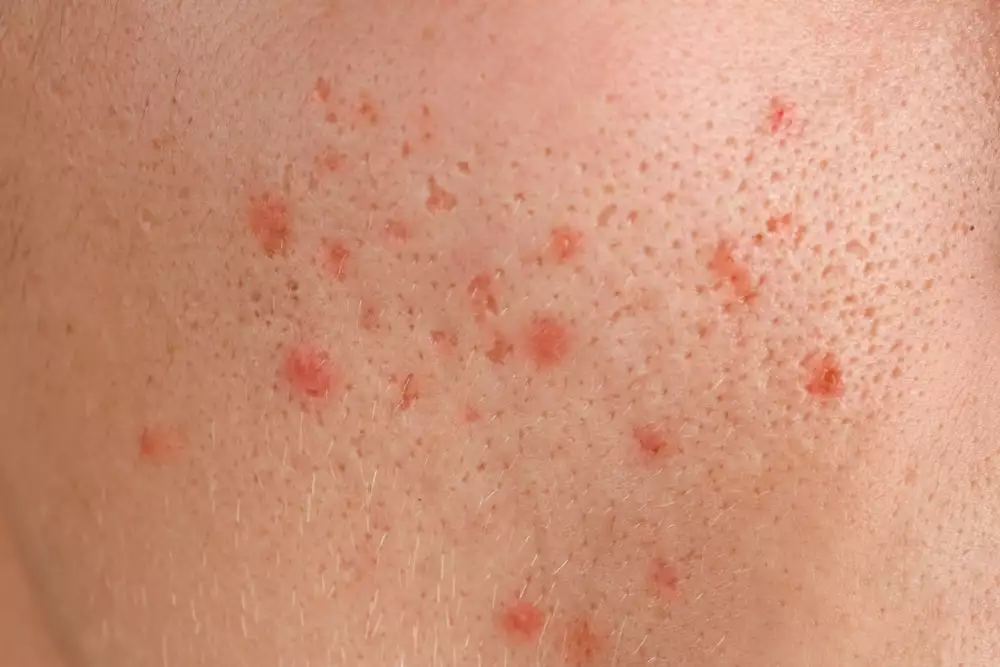
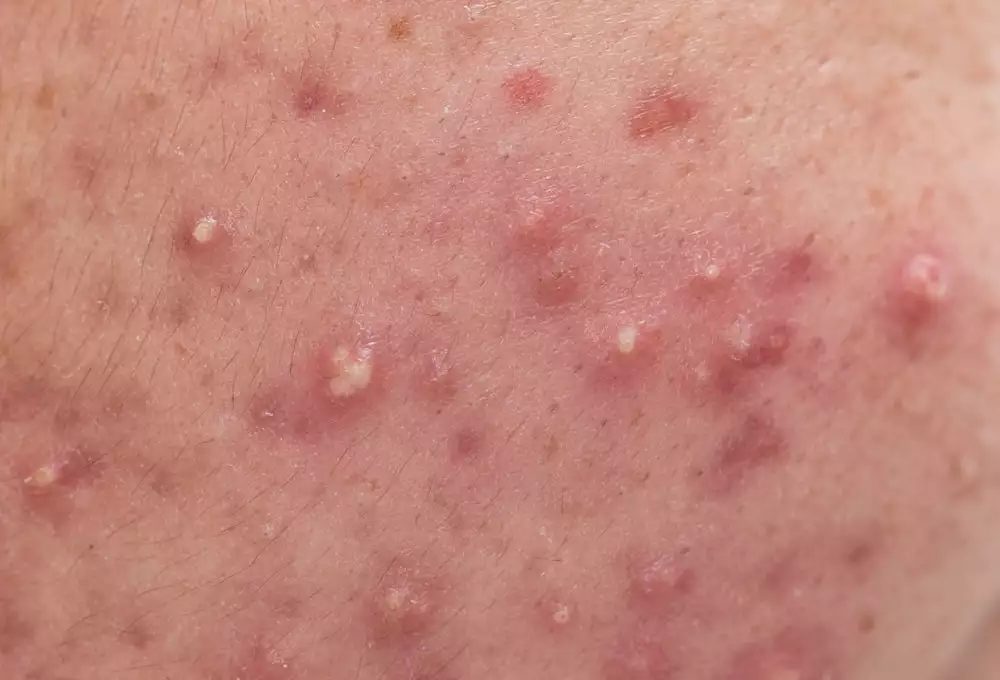
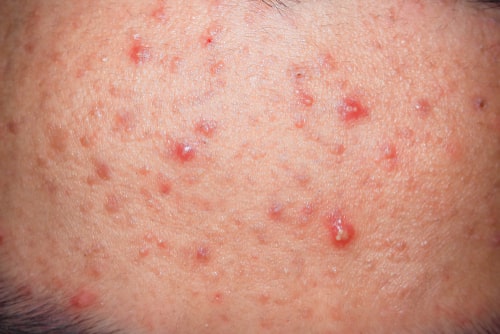
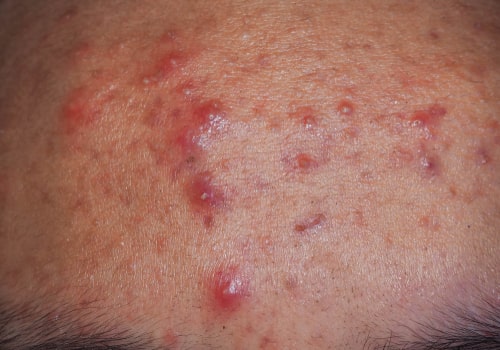
Acne Types
The most common types of acne are:
Fagesoric Acne
This acne shows increased oiliness, dilated pores, pimples and blackheads.
Papulopustular Acne
This acne is characterized by papules or pustules.
Vulgaris Acne
This acne combines more papules and nodules over a larger area.
Cystic Acne
This acne is characterized by deeper lesions (cysts).
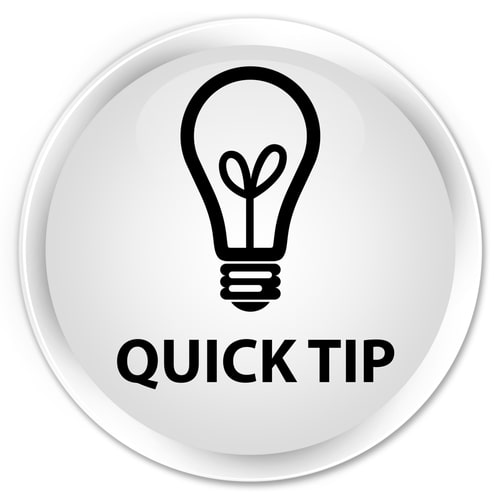 Chocolate does not cause acne! But it can worsen already existing acne, since the sebum produced after consuming sugar is thicker, thus clogging the pores of the skin.
Chocolate does not cause acne! But it can worsen already existing acne, since the sebum produced after consuming sugar is thicker, thus clogging the pores of the skin.How does Acne manifest itself?
Acne manifests itself on the skin with:
- Blackheads
- Whiteheads
- Red bumps (papules)
- Pustules (papules with pus on their edge)
- Large firm painful lumps under the skin (nodules)
- Painful pus-filled bumps under the skin (cystic lesions)
 Blackheads that develop on the skin owe their color not to dirt, but to a chemical reaction caused when the material accumulated in the blocked pore comes into contact with air.
Blackheads that develop on the skin owe their color not to dirt, but to a chemical reaction caused when the material accumulated in the blocked pore comes into contact with air.Causes of Acne
Acne is associated with increased sebum production, which clogs skin pores. Hormones are often behind such a condition, as well as heredity.
Other factors that may be responsible for acne are:
- Changes in hormone levels during the menstrual cycle.
- Hormonal changes during pregnancy.
- Starting or stopping birth control pills.
- Taking certain medications, such as corticosteroids and barbiturates.
- Diet can play a role.
Acne can also be worsened by:
- Unsuitable makeup and skin care products.
- Inappropriate hair care products.
- Eating certain foods.
 Stress does not cause acne, but it can make existing acne worse.
Stress does not cause acne, but it can make existing acne worse.Acne: Video
 Use cosmetics with the indications, suitable for skin with acne, Non Comedogenic, oil free, to avoid aggravation of acne!
Use cosmetics with the indications, suitable for skin with acne, Non Comedogenic, oil free, to avoid aggravation of acne!Mild, Moderate & Severe Acne
Acne that occurs in teenagers and adults can be mild, moderate or severe.
Mild acne with black and white spots and maybe some papules or pustules.
Moderate acne, with more black and white spots, as well as papules and pustules.
Severe acne with painful papules, pustules, cysts or nodules. In the case of severe acne, there may also be signs - scars.
Types of Acne
Neonatal Acne
From infancy and from the first weeks of life, acne can begin to appear. Neonatal acne is a type of acne that occurs in infants. It is not considered worrisome and usually resolves on its own. Of course, the evaluation by the specialist doctor is necessary and under no circumstances should you use any product or without his recommendation.
Adult Acne
Acne is not just a "privilege" of teenagers. It can also appear in adulthood. In fact, many times it is possible to appear at the age of 30, 40, even 50 years for the first time. Doctors call this type of acne that affects women going through menopause "adult acne".
Reasons that may be responsible for this type of acne are hormonal disorders, family history, hair and skin care products, and even stress.
Hormonal Acne
Hormonal acne is observed in adults as well as in teenagers. Hormonal (hormone-dependent) acne is affected by hormone fluctuations, which usually occur during menstrual cycles, pregnancy and menopause.
Women experience more hormonal fluctuations and for this reason are more affected by hormonal acne.
It typically occurs in teenagers in the “T” zone (forehead-nose-chin) and in adults in areas of the face such as the jawline, chin and lower cheeks.
Cystic Acne
Cystic acne is considered the most severe form of acne vulgaris. It is inflammatory acne that creates painful cysts deeper in the skin. Nodular acne is similar to cystic acne, with the difference that in the first case the cysts contain fluid, while the nodules do not. Treating cystic acne is not easy and may take some time to treat.
 About 50% of women in their 20s and 25% in their 40s are estimated to experience hormonal acne.
About 50% of women in their 20s and 25% in their 40s are estimated to experience hormonal acne.Rosacea Acne
Redness and breakouts on the face may or may not indicate acne. Rosacea acne is actually a skin condition, which can cause acne-like symptoms.
Rosacea acne is a common chronic skin condition that mainly affects the face and eyes but can also spread to other parts of the body. It usually occurs in people between 30 and 50 years of age, with fair skin, blond hair and blue eyes.
Rosacea acne can also coexist on the skin with vulgaris acne.
Rosacea acne usually appears after the age of 30, but it can also occur earlier.
Rosacea Acne: Symptoms
Rosacea acne presents with symptoms such as:
- Redness
- Visible blood vessels
- Edema
- Acne-like breakouts
- Abnormal skin texture
Rosacea Acne: Causes
The exact causes of rosacea acne are not known. However, scientists studying rosacea acne have identified indications such as:
- Heredity
- Immune factors
- Microbial agents
Rosacea Acne: Treatment
In recent years, the treatment options for rosacea acne have been increasing, giving room for a better individualized approach. Treatment for rosacea acne, either topically, or with oral medication, or with procedures such as laser, is not a cure. But it can reduce or eliminate the marks on the skin, prevent the condition from getting worse and control the condition successfully.
At the same time, the patient must be educated on everyday issues that can trigger breakouts for rosacea acne, such as skin care, avoiding factors that can irritate the skin, such as cold air or spicy foods. and sun protection.
 Οι βλάβες στο πρόσωπο, ειδικά στους ενήλικες, δεν σημαίνουν πάντα ακμή.
Οι βλάβες στο πρόσωπο, ειδικά στους ενήλικες, δεν σημαίνουν πάντα ακμή.Acne Diagnosis
The clinical examination is enough for the dermatologist to diagnose acne. Evaluation of any type of irritation or rash by a dermatologist is essential, as acne often resembles other medical conditions, which require special treatment.
Acne Treatment
The visit to the dermatologist is decisive for the treatment you will follow for acne.
The dermatologist will assess the condition of your skin by evaluating:
- Your age.
- The type of acne (blackheads, whiteheads, nodules, etc.)
- The point where the symptoms appear.
- Possible treatments you have taken.
- The general condition of the skin.
Finally, he will recommend an individual treatment plan for your own case.
In general, mild acne is treated with topical treatment that includes gels, creams, lotions or solutions based mainly on retinoids or antimicrobial products.
In more severe cases of moderate or localized acne, systemic treatment with pills, antibiotics, hormonal treatments, may be needed.
Also, sometimes local and systemic treatment are applied in combination.
Isotretinoin, a powerful oral drug recommended for severe cases of inflammatory cystic acne Isotretinoin reduces the size of the sebaceous glands that produce oil in the skin. It also increases shedding of skin cells and affects hair follicles.
Facial Cleansing & Hydra
In-office treatments also contribute to the treatment of acne, such as classic facial cleansing, which unclogs the pores, helping the skin to breathe, and Hydra, which combines the benefits of hydrodermabrasion, acid peeling, sebum extraction, hydration and antioxidant therapy.
Read also...
Read also...
Acne Scars
Acne treatment helps to control acne and also to treat the marks and scars on the skin.
It is worth noting that the sooner acne treatment is started, the less likely it is that acne scars and marks will develop.
Among the options for dealing with scars and acne marks, Fractional Laser has an important place with its strong regenerative effect, as well as ChemicalPeeling, which significantly improves the texture of the skin.
Read also...
Read also...
6 Tips for Acne
Dermatologists give us 6 simple golden tips that alongside each treatment help keep acne away from your skin.
- Keep your skin clean by using a gentle facial cleanser and avoid rubbing with a towel.
- Choose appropriate skin care products.
- Avoid the sun and solarium.
- If you have oily hair, wash often and keep it away from your face as it can cause facial acne.
- Give your treatment time to see results.
- Keep your hands away from your face and don't be tempted to 'pick' on your pimples.
Acne Myths & Truths
Acne treatment is full of myths and truths. Below are some of them.
Myth #1
Only teenagers get acne.
Truth #1
Acne affects both adult men and women.
Myth #2
Chocolate is responsible for acne on the skin.
Truth #2
Research has not linked chocolate to acne. The sugar in milk chocolate, however, can cause acne breakouts in some people.
Myth #3
The acne will go away on its own.
Truth #3
For many people acne can last for many years. If you see that it persists, seek the advice of a dermatologist.
Myth #4
Popping a "nipple" will make it go away faster.
Truth #4
Picking and squeezing your pimples to pop them will only make the area infected. In addition, you may end up with a scar that will last months or years.
Myth #5
Srcub will help acne go away.
Truth #5
Scrubbing and rubbing make acne worse. Instead of scrubbing you can wash your face twice a day with a mild, fragrance-free cleanser.
Myth #6
Makeup causes acne.
Truth #6
Make-up does not cause acne when you use suitable oil-free products, which do not clog the pores of the skin and are non-edible.
Myth #7
Tanning helps treat acne.
Truth #7
And when you tan you will continue to have acne, possibly worse, as well as continue to damage your skin which is also at risk of melanoma.
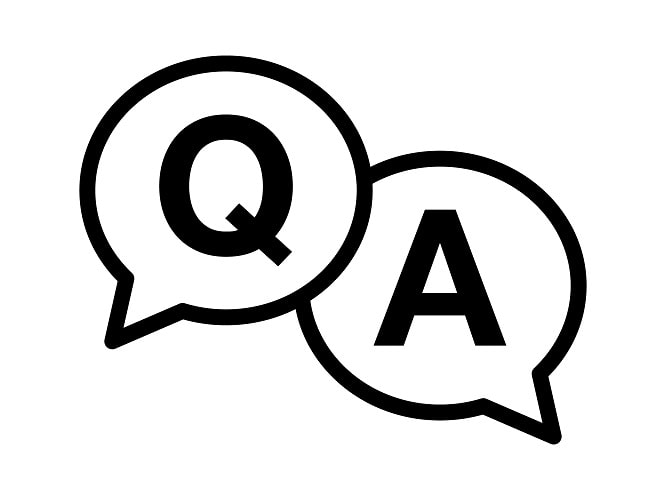
Frequent Questions
How to get rid of acne fast?
By working with your doctor, discipline in treatment, patience and persistence. Treatment for acne does not have immediate results.
Since I'm not a teenager, why do I have an acne problem?
The truth is that acne manifests itself mainly in people who are in their teens, but it also affects older people, although it has been observed that this happens to a greater extent in women due to hormonal disorders.
I have mild acne. Should I see a dermatologist?
Acne is a medical condition. Even if you have a mild form of acne, your dermatologist will best guide you on how to manage it and what treatment is right for you.
How does rosacea acne go away?
The treatment approach for rosacea acne includes a number of options such as topical treatments, oral medication, as well as procedures such as laser.
How do acne scars and marks go away?
Acne scars are treated with in-office procedures. Such as chemical peeling, laser, fillers and minor dermatological invasive procedures.
Can deep facial cleansing improve the condition?
Facial cleansing is a very good ally in skin care, as it removes sebum and cleans blocked pores, thus the factors that promote the appearance of lesions.
Cleansing is recommended to be repeated from 1 to 3 times a year, depending on the type of skin (oily-dry).
Bibliography
- https://www.edae.gr/home/
- https://www.aad.org/public/diseases/acne/really-acne
- https://www.hopkinsmedicine.org/health/conditions-and-diseases/acne
- https://www.mayoclinic.org/diseases-conditions/acne/diagnosis-treatment/drc-20368048
- https://www.ncbi.nlm.nih.gov/pmc/articles/PMC3080563/

